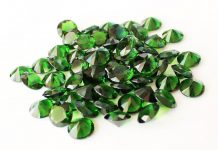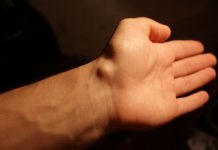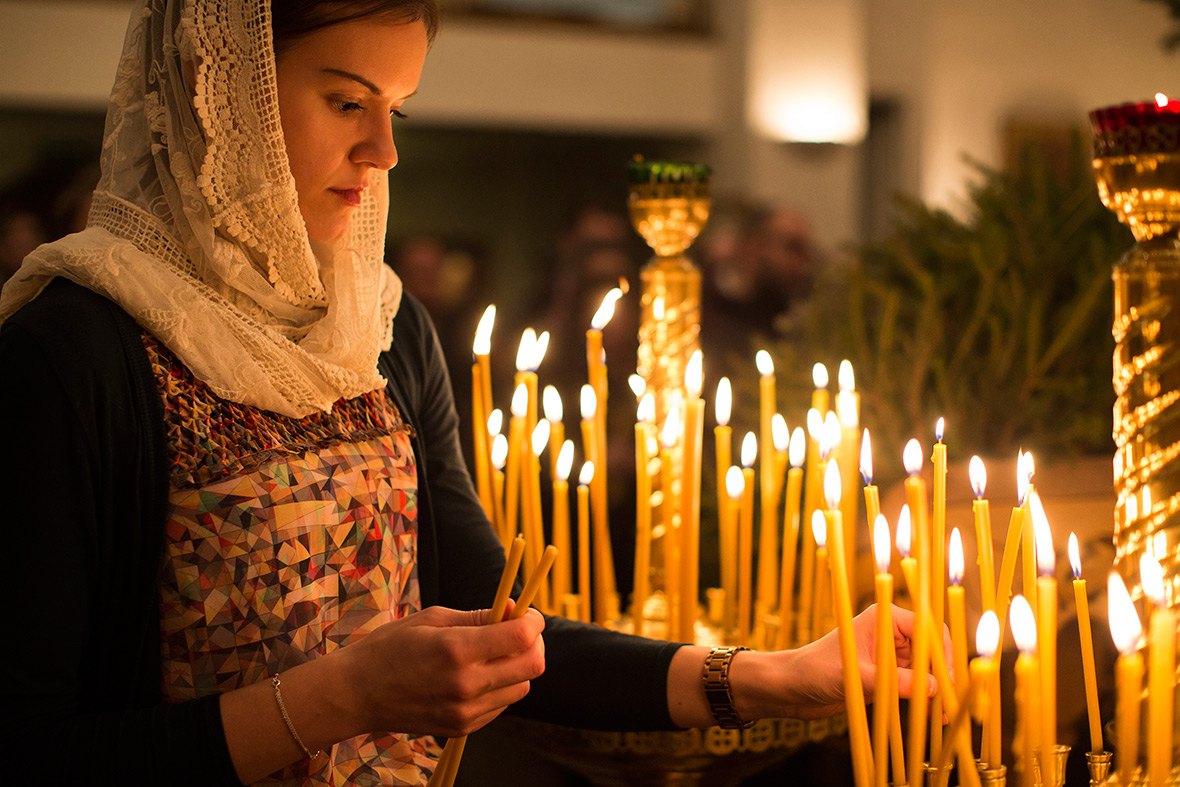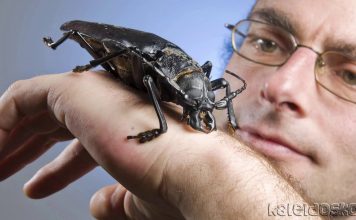In 2018 Lent begins on February 19. This is the most serious and prolonged period, which all believers regard as a time when one can immerse oneself in prayers and meditations, be purified spiritually and physically.
Lent precedes the Holy Easter. Fasting is a ban on the use of a certain food or a complete rejection of it on certain days, the rejection of entertainment.
Lent is one of the strictest posts in the church calendar. It consists of 40 days (the Four Degrees) and one week before Easter (Holy Week). The first period of Lent is celebrated in honor of Jesus Christ, who fasted for 40 days in the desert in the last days of his life, as the memory of His crucifixion and resurrection.
Great fast by day 2018
Lent implies the refusal to eat animal products - milk, eggs, meat. Instead of these products, believers are allowed to eat fish, but only on certain days — on the feast of the Annunciation of the Most Holy Theotokos and Palm Sunday.Also allowed to eat seafood - shrimp, mussels, squid throughout the post.
The great post sets a goal not only to clean the stomach, but also the soul. It can not be regarded as an Orthodox diet, which is so well in the spring and summer.
There is another version of the occurrence of the rite of the 40-day posting. According to him, the future "children of the church" had to pray earnestly and restrict themselves to food and water before baptism. Baptisms were usually held 1-2 times a year in honor of major religious holidays, most often at Easter. Thus, the tradition has gradually developed to observe the fasting before Easter, which has become widely used even by unbaptized people.
Fundamental Rules of Lent 2018
During Lent the purification of the soul is put on one parallel with the purification of the body. Therefore, in addition to refusal of food of animal origin, it is necessary to renounce malice, condemnation and other impartial qualities of a person.
- Rejoice in all that surrounds you and thank the Lord for it.
- Attend the temple throughout Lent 2018
- Repent of your sins on the Four-Tedes and cleanse your soul during Holy Week
- Pay attention to health so that Lent’s limitations do not affect him.
- Try not to think about food
- Do good to others
- Give up imaginary pleasures and pleasures in favor of tireless prayers.
Rules of the Orthodox Church regarding Lent 2018
Regarding the meal during Lent, there are some rules that must be observed by believers:
- especially strict post is observed in the first and last week of Lent
- absolutely all animal products (cheese, cottage cheese, milk, butter) are excluded from the diet
- you can eat only once a day in the evening, on weekends - 2 times a day for lunch and in the evening
- cold food is used on Monday, Wednesday and Friday, hot on Tuesdays and Thursdays
- on weekends it is allowed to dilute food with vegetable oil and eat grape wine
- Good Friday, there is a particularly strict ban on eating
- some believers refuse to eat food in general and on the Sabbath, thus being purified before the coming of Passover
How to properly observe the Great post and how many times a day to eat
The period of Lent is movable in the calendar and every year falls on different dates. In 2018, the fast begins on February 19 and ends on April 7.
According to the church regulations, you can eat:
- on weekdays - once a day at around noon time (after church leturgy)
- on weekends - 2 times a day at midday and evening
- on the first and last Friday of Lent - a complete rejection of food or a malnutrition
What can you eat during Lent 2018
The preparation of the menu you need to start before the onset of Lent. By this time, many chain stores appear products marked as “lean”, so it will be easier for you to navigate what to buy.
Lent does not in any way imply complete starvation. The variety of foods on your table will certainly decrease, but at the same time, nutrition will be balanced and moderate.
The main lean products are:
- black bread or cereal bread
- oatmeal, buckwheat, rice, corn, barley and wheat cereal
- pickled or pickled vegetables, jam
- mushrooms
- dried fruits and nuts
- vegetables - beets, potatoes, carrots, onions, cabbage
- fruits
- a fish
Remember that all food must be prepared according to the rules of fasting, it is possible to add vegetable oil to food only on Saturday and Sunday. On other days, products are consumed in their pure form. Fish can only be afforded on Annunciation (April 7) and Palm Sunday (April 1).
Who can not fast
The state of health of some believers does not allow to observe Lent, which is distinguished by considerable severity. In such situations, first consult with the doctor and the priest.Some of the rules of fasting can be compromised in cases where a person suffers from chronic diseases of the gastrointestinal tract, oncological diseases of the blood-forming organs. Caution is to observe fasting believers with a weight deficiency, anemia, or pregnant.
In no case do not exclude from the diet of children dairy products during Lent. This can seriously harm their health, especially in the spring. Try to persuade the child to give up sweets. As for the refusal of meat for children, this question remains at the discretion of the parents.
If this is your first Great Lent, then in order to clarify all the nuances it is worth talking to the priest and understand what measure of austerity you can withstand. But it is worth remembering that the main task of fasting is not just a restriction on food, but repentance, humility and prayer.














































